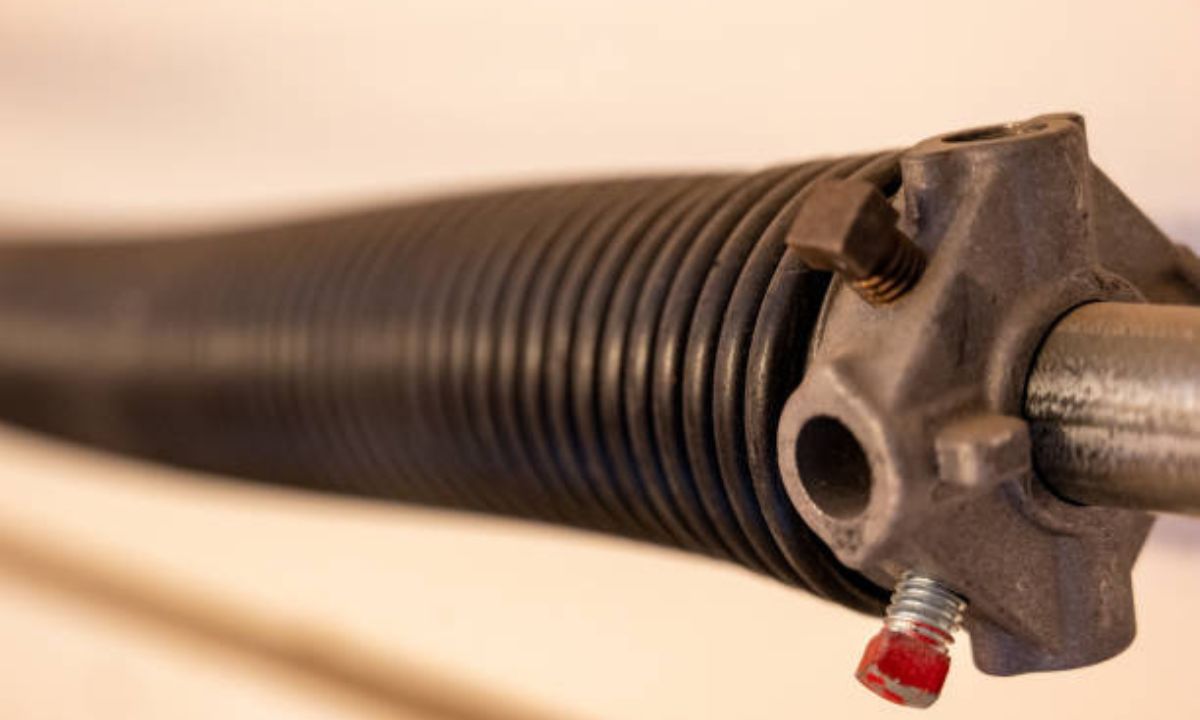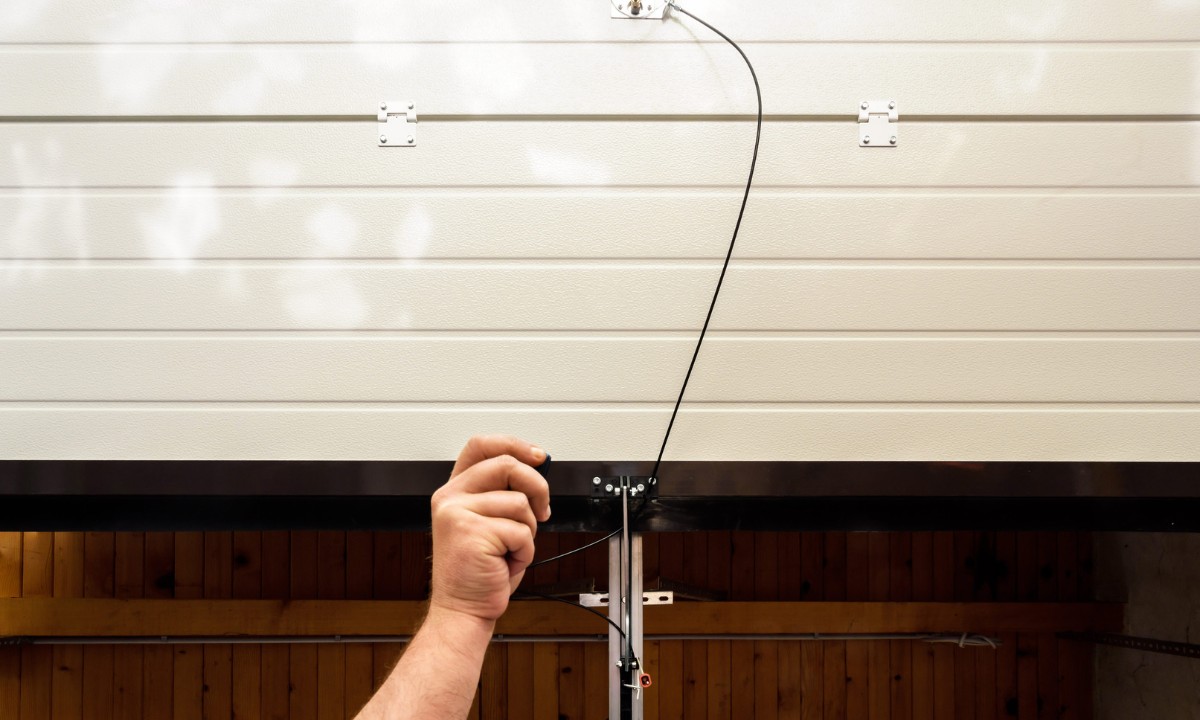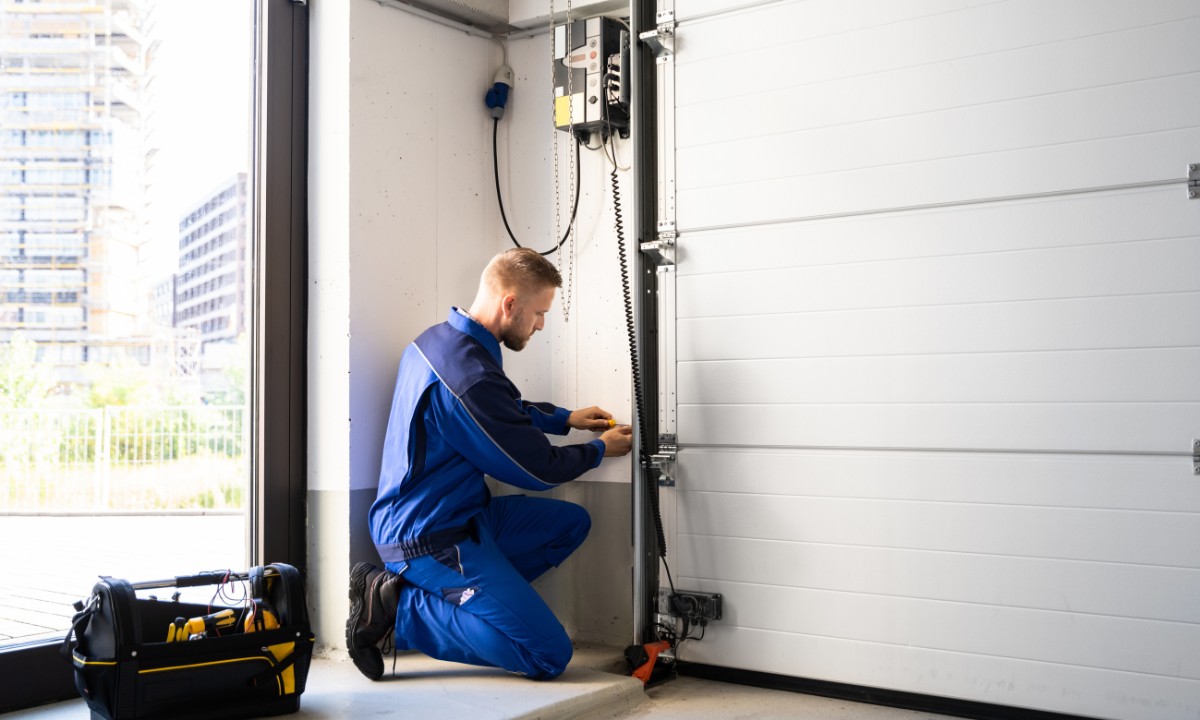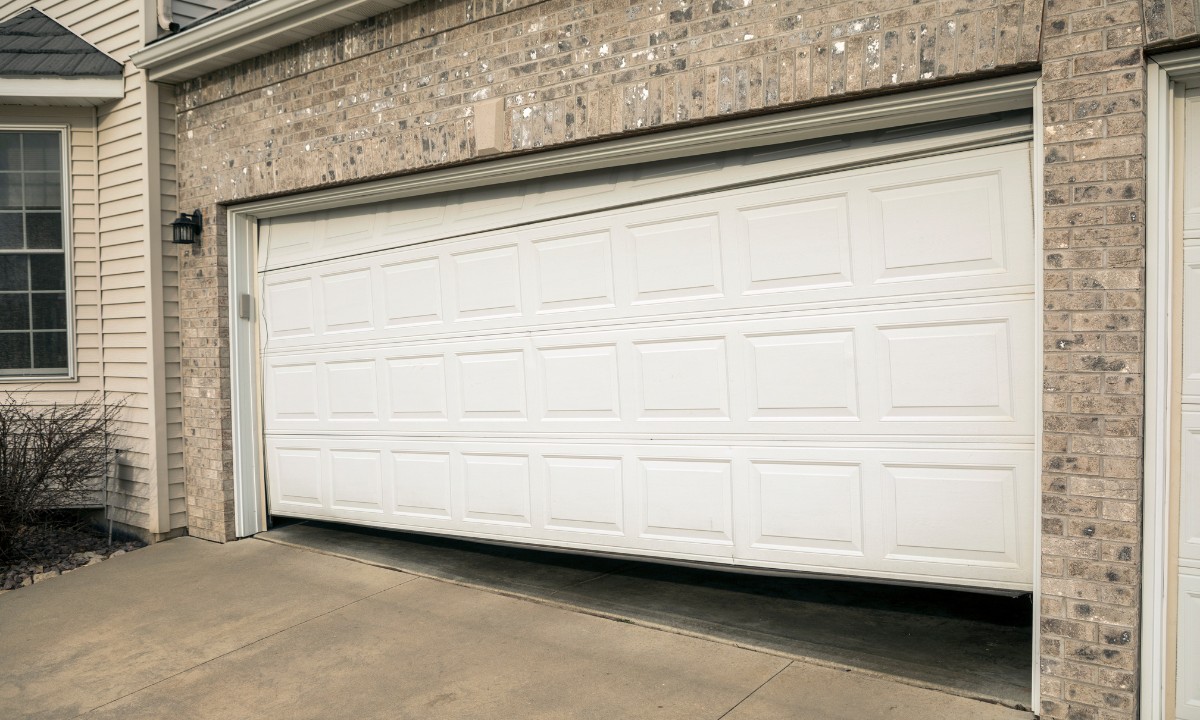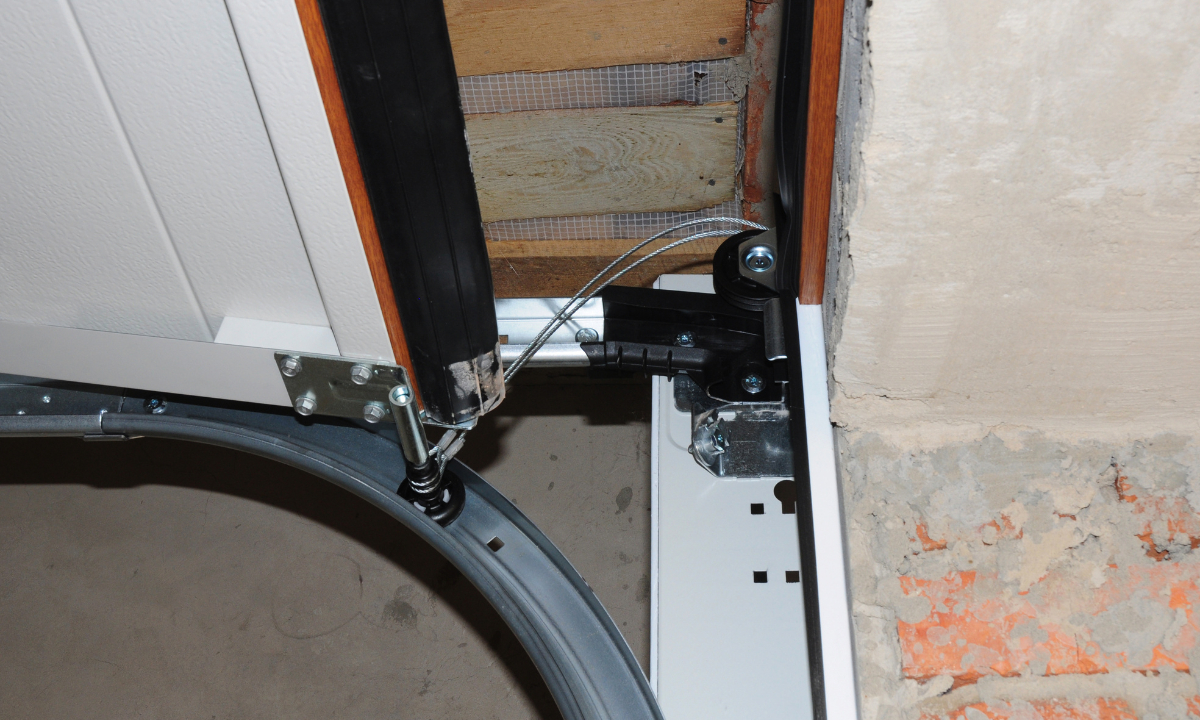In Boutte, Louisiana, How to
Repair a Noisy Garage Door Spring
Overview
More
than just a nuisance, a noisy garage door could be a sign of serious problems
with the springs or other parts of the door. Timely resolution of these issues
can avert additional harm and guarantee seamless functioning. In Boutte,
Louisiana, where lifestyle choices and weather patterns can affect garage door
performance, it's critical to know how to address loud springs.
Concerning
Boutte, Louisiana
There
are roughly 4,000 people living in Boutte, a small unincorporated hamlet in St.
Charles Parish, Louisiana. The town has moderate winters and hot, muggy summers
due to its humid subtropical climate. Summertime averages frequently reach
90°F, while wintertime averages fall between 40°F and 60°F. Springs in garage
doors are susceptible to wear and strain from the humid weather.
Taking
Care of Louisiana's Boutte Noise Problems
Garage
door spring noise might arise in Boutte's climate because of excessive humidity
and temperature swings. To resolve these noise problems and get silent
operation again, one must comprehend the root causes and implement the
appropriate fixes.
Details
of Contact: 504-290-4999
Different
Spring Repair Types
Typically,
garage doors employ two types of springs, both of which have the potential to
cause noise issues:
Above
the door, these springs are called torsion springs, and they are wound to raise
the door. If they are worn out or improperly greased, they may produce noise.
Extension
Springs
These
springs, which are positioned on either side of the door, expand and contract.
Misalignment or corrosion can produce noise.
Issues
Connected to Noise in Various Springs
Torsion
Springs
Often
caused by rust or a lack of lubrication, noisy torsion springs can make
grinding or squeaking noises.
Extension
Springs
If
an extension spring is not operating correctly or if the pulleys and cables are
worn out, it may make loud bangs or popping sounds.
Typical
Problems
Typical
problems that can result in a noisy garage door spring are as follows:
Absence
of Lubrication
Grinding
or squeaking sounds may be caused by dry or inadequate lubrication.
Humidity
can lead to rust and corrosion, which can cause noisy operation and even
failure.
Misalignment
A
misaligned set of springs can make a door function noisily and unevenly.
Worn-Out
Components
The
noise produced by worn-out rollers, cables, or bearings can also have an impact
on how well the springs work.
Reasons
for Noise
Dry
Springs: Springs that aren't properly lubricated may grind or squeak.
Rusty
Springs
Rust
can impede the springs' ability to operate smoothly and produce grinding
noises.
Hardware
that is loose might cause rattling sounds and compromise the door's overall
stability.
Replacement
Springs
It
can be required to replace loud springs when they can no longer be fixed. The
procedure entails:
Eliminating
the Old Springs
To
prevent more damage, remove the worn-out springs carefully.
Installing
New Springs
The
installation of new springs is done in accordance with the door's requirements.
Testing
the Door
The
door is checked to make sure it runs silently and smoothly after installation.
Restoring
Noisy Springs
These
procedures can be used to repair noisy garage door springs:
Lubricate
the Springs
Make
sure the springs are uniformly coated with a lubricant designed specifically
for garage doors. Grease and WD-40 draw dirt and dust, so stay away from using
them.
Examine
the springs for corrosion or rust to check for rust. If found, remove any rust
with abrasive cleaner and replace the springs if there is significant damage.
Examine
Hardware and Alignment
Verify
that all hardware is securely fastened and that the springs are correctly
positioned. Check the state of other parts and tighten any loose bolts.

